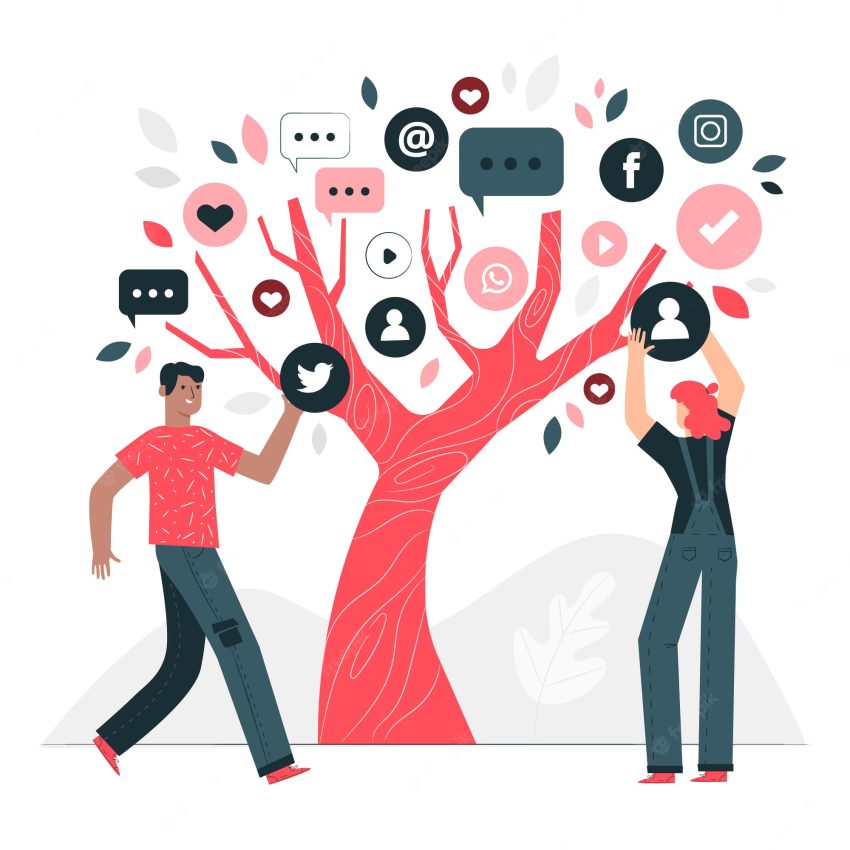They influence our identity, social Relationship worldview, and interpersonal interactions. However, social relationships can also be a source of stress, conflict, and disappointment. Reflecting on our social relationships can help us understand our own behaviors social Relationships and patterns, as well as those of the people around us.
Reflecting on these questions about social relationships is important for several reasons.
Here are a few of the key reasons why reflecting on these questions is beneficial:
- Increased self-awareness: Reflecting on these questions can help increase your self-awareness by identifying your patterns of behavior, values, expectations, and emotions in social relationships. This self-awareness can help you better understand your reactions to social situations and develop strategies to manage your emotions effectively.
- Improved communication: Reflecting on your communication style and boundaries can help you improve your communication skills in social relationships. Understanding your communication strengths and weaknesses can help you identify areas for improvement and develop effective communication strategies.
- Strengthened relationships: By reflecting on your social relationships and identifying areas for growth, you can strengthen your relationships with others. Improved communication, clear boundaries, and effective conflict resolution strategies can help improve the quality of your relationships and build trust and respect with others.
- Reduced stress and conflict: Reflecting on your social relationships can help you identify triggers for negative emotions and develop effective strategies to manage stress and conflict. By addressing these issues, you can reduce the impact of stress and conflict on your social relationships.
- Personal growth: Reflecting on these questions can help you identify areas for personal growth and development. By understanding your patterns of behavior and emotions, you can work on personal growth and development to become a better friend, partner, or family member.
Here are some questions to reflect on your social relationship issues:
What are my values and beliefs about social relationships?
Our values and beliefs about social relationships influence how we interact with others. Do you value honesty and openness in relationships? Do you believe that loyalty is essential? Reflecting on your values and beliefs can help you understand why certain behaviors or actions from others may bother you or align with your expectations.
What are my patterns of behavior in social relationships?
Do you tend to be the one who always initiates contact? Do you frequently avoid provoking others? Reflecting on your patterns of behavior can help you understand how you contribute to your social relationship issues.
What triggers my negative emotions in social relationships?
Do certain behaviors or actions from others trigger negative emotions like anger, jealousy, or sadness? Reflecting on these triggers can help you understand why you react the way you do and help you identify ways to manage these emotions more effectively.
What are my expectations of others in social relationships?
Do you expect others to behave a certain way or meet specific needs? Reflecting on your expectations can help you understand if they are reasonable and if you are communicating them effectively.
How do I communicate in social relationships?
Are you an active listener? Do you communicate your needs effectively? Reflecting on your communication style can help you identify areas for improvement and strengthen your social relationships.
How do I handle conflict in social relationships?
Do you avoid conflict or confront it head-on? Reflecting on how you handle conflict can help you identify areas for growth and improve your ability to resolve conflict in a healthy and productive way.
What are my boundaries in social relationships?
Do you have clear boundaries and communicate them effectively? Reflecting on your boundaries can help you understand where you need to set limits and communicate them effectively to others.
Reflecting on these questions can help you understand your social relationship issues and identify areas for growth and improvement. It can also help you identify patterns of behavior that may be causing conflict or stress in your relationships. Taking the time to reflect on your social relationships is a valuable way to improve your communication skills, manage your emotions effectively, and strengthen your relationships with others.
In conclusion, reflecting on questions about social relationships can be beneficial for personal growth, improved communication, and strengthened relationships. By identifying your values, beliefs, patterns of behavior, and emotions, you can better understand your reactions to social situations and develop strategies to manage stress and conflict effectively. Improved communication, clear boundaries, and effective conflict resolution strategies can help improve the quality of your relationships and build trust and respect with others.
If you’re searching for the ideal therapist, get in touch with TalktoAngel, a platform that connects the best psychologist near me” online therapists with online therapist India.

